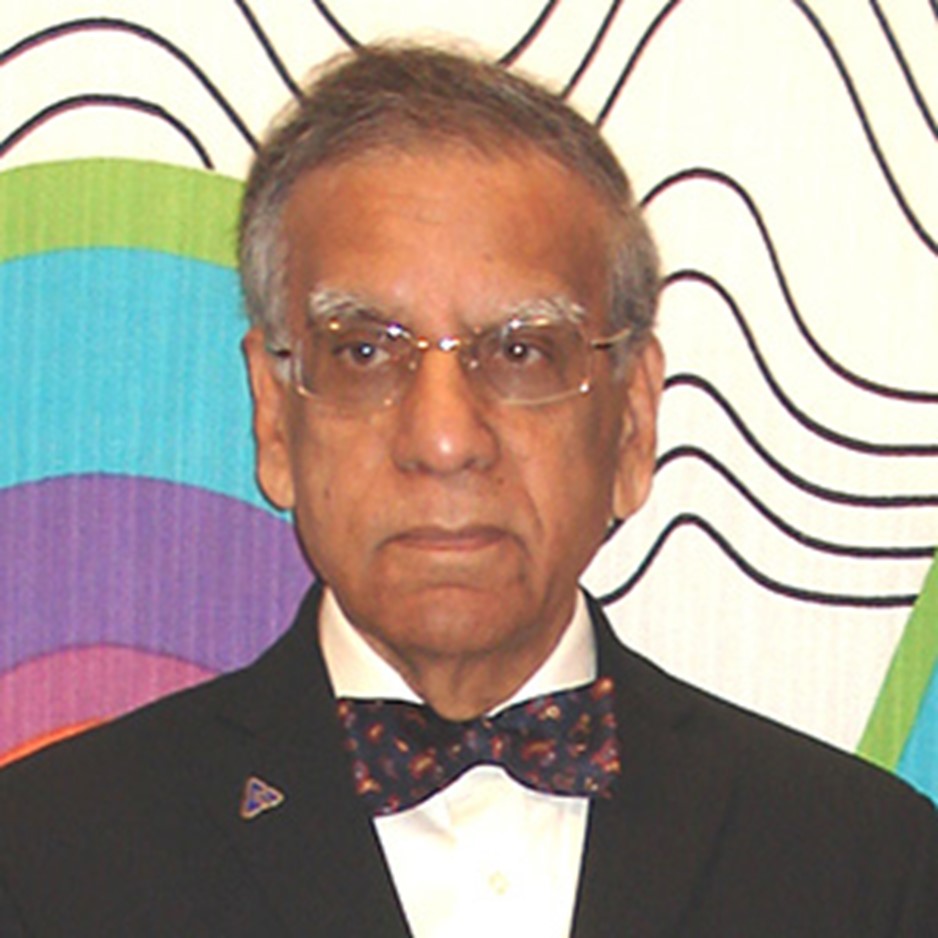
Syed Sattar, PhD
Faculty of Medicine: Department of Biochemistry, Microbiology and Immunology (BMI)
University of Ottawa, Ottawa, Canada
Professor Emeritus of Microbiology, Co-Founder and CSO CREM Co
Vice-Chair, GVN’s Task Force on Public Health and Hygiene
Professional Summary
Dr. Sattar has been active in research on viruses and other types of microbial pathogens of humans for over five decades now. A major focus of his work is public health-related environmental microbiology to better understand the influence of environmental factors on the survival and dissemination of pathogens through water, food, air, municipal wastes and animate and inanimate surfaces. His current focus is on the role of indoor air as a vehicle for viruses and its decontamination. He also studies the use of safe and sustainable technologies for interrupting the spread of viruses and other infectious agents in healthcare and other settings. Several of the test protocols his team has developed now form the basis for national and international standards for testing disinfectants and hand hygiene agents.
He regularly provides expert in-put to various national (e.g., Health Canada and the U.S. Environmental Protection Agency) and international agencies (e.g., WHO and OECD) and the private sector. He has an extensive publications record, and has delivered over 350 invited lectures over the globe. Among the books he has written is the 2013 reference text Principles and Practice if Disinfection, Preservation and Sterilization, 5th ed; Wiley-Interscience.
How would you describe the significance of your work as Co-Founder and CSO of CREM Co?
CREM Co Labs (CCL) is a unique organization performing R&D and contract services for public and private agencies. It has experience in and facilities for handling a wide variety of human and animal pathogenic viruses as well as other types of pathogens. Among its unique capabilities are: (a) two room-sized aerobiology chambers to study microbial survival and inactivation in indoor air; (b) protocols to assess the general microbicidal potential of environmental surface disinfectants against human pathogens; (c) established and approved methods to study the survival of human pathogens (including many types of respiratory and enteric viruses) on hands and their decontamination by hand hygiene agents.
What is the impact of microbial pathogens research: detection, analysis and prevention upon community health?
Our work focuses on infection prevention and control strategies due to their generic and global nature. In this context, we study the fate of viruses and other pathogens in all aspects of the environment to interrupt their spread by sustainable means for a safer world. Therefore, our work has global public health significance.
Overview of The University of Ottawa Department of Biochemistry, Microbiology and Immunology (BMI)
BMI based at the Faculty of Medicine, University of Ottawa, Ottawa, Ontario, Canada, has more than one hundred faculty members conducting research over a broad area of modern microbiology. Approximately forty professors (or core members) are located in the Faculty’s main building (Roger Guindon Hall). Others are cross appointees from affiliated Faculties and teaching hospitals, or adjunct members from research institutes and government agencies in the Ottawa area.
The BMI core members conduct high-quality, collaborative research in numerous areas of microbiology including viral & bacterial pathogenesis.
BMI offers two graduate degree programs, one in Biochemistry and the other in Microbiology and Immunology. BMI members also teach undergraduate medical students using case-based learning.
